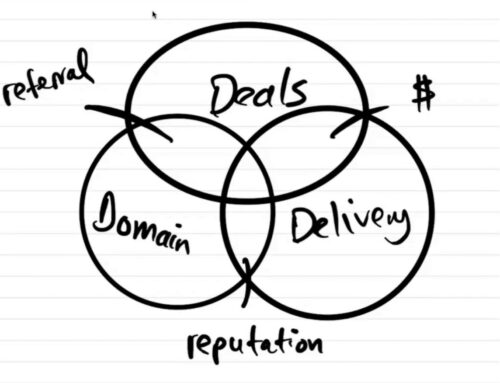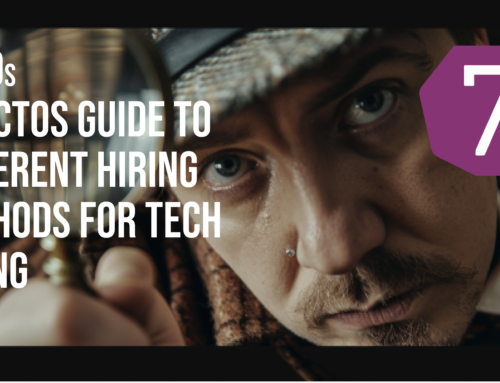How to Find The Best Employees in Tech Today, with Casey Kleindienst
Have you interviewed and hired someone only to have it not work out soon after? How to find the best employees in tech today is a subject best answered by our guest, Casey Kleindienst.
Casey is a Management Professor at Cal State Fullerton and a consultant to small and medium enterprises. Prior to these positions he worked in the private industry for over three decades in roles like Vice President of Operations and Director of Supply Chain Systems. Throughout his career he’s gained insight into many practices, including how to find the best employees in tech. Join us to hear those insights on today’s edition of CTO Studio.
In this episode, you’ll hear:
- What two things are trying to be accomplished in any interview?
- What are the two more important variables when a candidate is being considered?
- Why hiring resumes doesn’t work, and what does.
- 70% of all jobs come from where?
- Can you teach character traits like work ethic?
- And so much more!
Casey first got into education when he retired from 35 years of private industry practice. He was invited to join Cal State Fullerton and teach the courses related to his career. Once he understood the process of teaching he stepped back and saw there were students who were graduating but then floundering after that. He didn’t see where graduation led to any kind of professional next step.
But he could see there was a big need in the working world for high-qualified high-potential students and they’ll be grabbed up – all that needed to be done was to figure out how to put those students in front of the right people who would need and want those students in their organizations.
Casey was unhappy that there wasn’t a natural progression and it took him 9 years to figure out what to do but he always knew they could make something happen to connect those students with the right people and organizations. His first step was to form a student club.
This student club gave him a vehicle with which to talk to other students. The student club wasn’t formed with 20 people showing up one day, it started with one person who had overheard Casey talking about the need for a student club. This student wanted to help start it with Casey and Casey agreed, appointing this student the president of the club.
This student recruited 4 or 5 other officers and together they all created a calendar of events, and started having meetings. They started contacting companies and developed tours of the companies for the club members. Plant tours is one of the reliable means for people who are hiring to evaluate students from the informal time spent together. So the club was making matches through plant tours, and then word got out that the club was getting jobs for members and more students started joining the club. It gained traction and continues to grow today.
On this episode of CTO Studio, we dig into the actual interview process like the interviews his students were having as a result of the plant tours. There are only two questions trying to be answered in an interview. Those questions are can this person code and will this person succeed in our company culture?
So technical competency isn’t the only thing being tested. I bring this up because I can see where Casey’s student club’s plant tours would answer that second interview question. The people wanting to hire can get to know the students and really see which students would be a good fit for their organization. They are interacting on a relational level and the hiring person can see how the students behave in that informal setting, which is how they behave in general.
I find this to be true, too. I’ve hired many people and I’ve almost never looked at their resumes. Generally I think someone won’t be applying or seeking out a job with us if they know they can’t do the job. And if I am talking with the person and we are vibing I’m going to tell quickly whether the person knows what they are talking about or not. The problem is sifting through the pile of applicants to get to those conversations.
And that’s why 70% of jobs come through the hidden job market. Casey explains what that means: the really important jobs aren’t posted. Instead, executives and hiring managers call people they know and ask who fits the profile of what they are looking for.
And does he know if his students fit certain profiles? I asked Casey and he says he learns everything about his students in the first few interactions he has with them. He has an openness and doesn’t prejudge anyone about anything; he stays open long enough to really understand what he doesn’t understand (and in this case what he doesn’t understand is the other person).
During this episode Casey also tells us what is our most powerful tool and why we’re so adverse to using it, why emotional intelligence is required at every level of business and why decision- making should be plan first, do next and analyze last. Join us to hear Casey’s wisdom on those topics and so much more on this insightful edition of CTO Studio.
Episode Resources:
Share This Story, Choose Your Platform!
Related Podcasts




